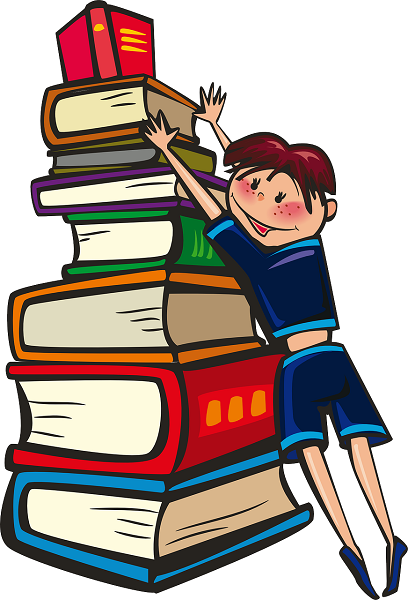You need certain traits to excel as a reading and literacy teacher. The schools that offer a master’s degree in reading and literacy – one of the 50 highest paying master’s degrees – are often looking for these traits as they consider which applicants to admit to their programs. Candidates for reading and literacy master’s degrees should have patience and perseverance, show both consistency and adaptability in their classroom teaching experience, foster engagement and communication in the classroom and have a positive attitude.
IMAGE SOURCE: Pixabay, public domain
Patience and Perseverance
Today’s teachers are so rushed and their classroom time so hectic as they try to cover every topic under the sun that it’s no wonder some students struggle with reading. Overburdened teachers who are forced to teach to standardized testing criteria and teach to other internally and externally imposed curriculum standards, all while trying to also read the room and teach lessons that matter to their students’ lives and problems, have limited time to spend on teaching students to read.
One of the most important factors in successfully teaching reading to elementary school students is spending enough time on reading and writing instruction. For reading and literacy specialists, as opposed to classroom teachers juggling instruction in multiple subjects, your primary job function may be taking the time to teach reading and writing. However, it takes a great deal of patience and perseverance to really slow down and focus on the step-by-step components of reading and writing instruction. You can’t just try to push through the basics and move on to catch students up to their grade level. They need time and patient instruction to learn the foundations they are missing.
How do you demonstrate your patience and perseverance in your graduate school application? In a personal statement or essay, talk about how you draw on these traits as a classroom teacher. Highlight long-term commitments, like playing a sport or instrument.
Consistency and Adaptability
The best literacy teachers are able to strike a balance between structured and adaptable reading instruction. Students need structure and consistency in their literacy instruction to help them make measurable progress in acquiring crucial reading and writing skills. Without that structure, it can be too easy to get distracted and lose focus. Having a structure for different types of instruction helps students understand their role in the learning process and their responsibilities through different methods of instruction. Without this structure and consistency, students may struggle to maximize the impact of one-on-one instruction with the teacher, independent literacy assignments and small group activities both with and without the teacher’s immediate supervision.
However, it does no good to consistently stick with a structured plan of instruction that isn’t effective. A literacy teacher should be willing to evaluate the results of their teaching methods and adapt their plans as needed. As reading and literacy teachers become more familiar with their students’ strengths, weaknesses and needs, they have an opportunity to adjust their instruction methods to better fit those needs. Flexible literacy teachers do just that, to the benefit of their students, while uncompromising literacy teachers who refuse to adapt may unintentionally be holding their students back from making progress.
The challenge for literacy teachers is identifying when to stick with a structure and when to begin adapting their instruction. A literacy teacher who is constantly changing modes of instruction and students’ responsibilities can leave students confused and burnt out.
Engagement and Communication
Students learn better when they’re interested in and engaged with the subject matter. Effective literacy teachers don’t just drone on reading their lecture notes. They employ teaching methods that make the student an active participant in the learning process. Students get to talk as part of the class. There’s back-and-forth discourse that includes asking and answering questions and highlighting and finding ways to solve problems. Great literacy teachers engage students in step-by-step practice of the reading and writing processes and give them the tools to practice independently.
Part of engaging students in literacy instruction is developing an array of different types of lessons, assignments and materials. A student who struggles with reading and writing might be more engaged if the topic of their content is one that captures their interests.
A Positive Attitude and Belief in Literacy Teaching
It doesn’t take much for a student who is struggling to learn to read and write to become discouraged. A literacy instructor with a positive attitude and a strong belief that their students will become competent readers and writers can make all the difference. Although constructive criticism is necessary for effective learning, strong literacy teachers motivate and inspire students to have confidence in themselves and the abilities they are building. They don’t add to the fears students sometimes feel that they’re not smart enough or capable of learning to read and write better.
It might go without saying, but good reading and writing teachers value literacy. They are passionate about books, self-expression through writing and the importance of literacy in having a better life – and students pick up on that value their teachers place on literacy.
Additional Resources
Do I Need to Have Teaching Experience Before Entering a Program for Reading and Literacy?
What Do You Typically Study in a Master’s Program for Reading and Literacy?

